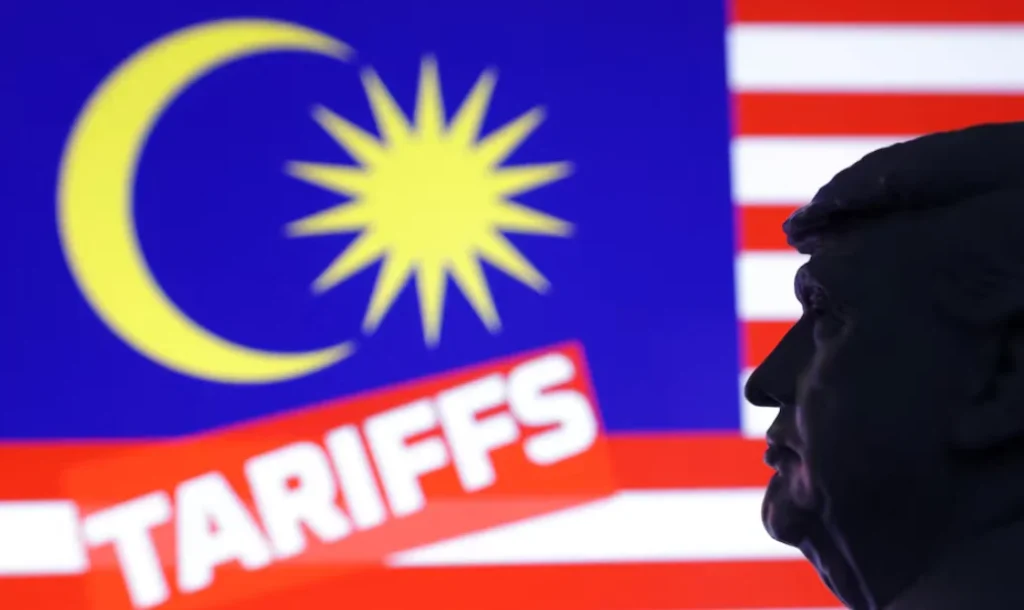Malaysia Commits $150 Billion to U.S. Tech and LNG in Landmark Trade Deal
In a strategic move to bolster bilateral trade, Malaysia has agreed to invest up to $150 billion over the next five years in U.S. technologies, liquefied natural gas (LNG), and cross-border ventures. The announcement was made by Malaysia’s Trade Minister, Tengku Zafrul Aziz, as part of a broader trade agreement with Washington aimed at reducing tariffs and addressing trade imbalances.
U.S. Lowers Tariffs from 25% to 19% on Malaysian Imports
As part of the deal, the United States will impose a 19% tariff on Malaysian goods starting August 8, 2025, down from a previously threatened 25% under President Donald Trump’s administration. The reduced tariff is seen as a direct result of Malaysia’s multi-billion-dollar purchasing commitments.
Major Highlights of the Malaysia-U.S. Trade Agreement
- $150 Billion in Equipment Purchases: Malaysia will buy equipment from U.S. multinationals to power its semiconductor, aerospace, and data centre industries.
- $3.4 Billion Annually in LNG: Petroliam Nasional Berhad (Petronas) will purchase liquefied natural gas from the U.S. every year.
- $70 Billion in U.S. Investments: Malaysia will invest heavily in cross-border infrastructure and innovation in the United States to help address the $24.8 billion trade deficit reported in 2024.
- 98.4% Duty Reduction on U.S. Imports: Malaysia will remove or reduce tariffs on the vast majority of U.S. goods, boosting access to American products.
- Regulatory Easing for U.S. Tech Firms: Malaysia will lift obligations requiring U.S. cloud providers and social media platforms to contribute local revenues to a state-managed fund.
Semiconductor Industry Remains Under Scrutiny
Despite securing tariff exemptions on pharmaceuticals and semiconductors, Tengku Zafrul cautioned that Malaysia’s semiconductor sector could still face U.S. tariffs under national security laws. “We need to continue to be prepared for any possible additional tariffs imposed on the semiconductor industry,” the minister warned.
Broader Impact on Malaysia-U.S. Relations
The trade agreement marks a turning point in Malaysia-U.S. economic cooperation, especially in high-growth sectors like advanced manufacturing, digital technology, and clean energy. It also reflects Malaysia’s intent to play a stronger role in global supply chains while safeguarding its key exports.
A joint statement formalising the commitments is expected soon, following weeks of bilateral negotiations aimed at preventing trade friction.
Looking Ahead
This deal is seen as a strategic win for Malaysia, securing market access and tariff relief, while also attracting U.S. investment and innovation. For Washington, it represents a step toward rebalancing trade in Asia, strengthening ties with a key Indo-Pacific partner.












